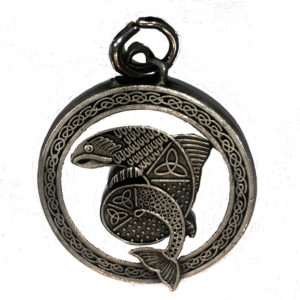The one who succeeds is toasted. The one who fails is kicked.
Note: Success has many fathers but failure is an orphan. The whole world loves a winner. Show me a good loser and I’ll show you a loser. Winning isn’t everything; it’s the only thing. These are universal sentiments, although the Irish language does not have a single word for toast, as in a toast to your health. The literal translation of the first sentence is, “The one who is up, somebody drinks a drink to him.”
Note also: The literal translation in the last sentence is in the active voice, while the poetic translation above is in the passive voice. Somebody drinks — active voice: the subject of this sentence, somebody, performs an action. One … is toasted — passive voice: the subject of this sentence, one, has an action done to him. This points out an interesting feature of Irish.
Irish has no passive voice. In Irish, the subject of a sentence must commit an action; an action can not be committed on the subject. By implication, nothing happens unless somebody does it. Perhaps, this view of the world remains from Celtic times when every event, every season, every occurrence had a natural or a supernatural cause.
The Irish equivalent of the passive voice is the autonomous form of the verb. It is autonomous in that some nameless being commits the action. That nameless being is the implied subject of the sentence. In our case, the verb “óltar” is the present tense autonomous form of ól, meaning “someone drinks.” The someone is implied by the “-tar” ending.
Similarly, “buailtear” is the present tense autonomous form of buail, meaning “someone strikes.” The someone is implied by the “-tear” ending. The second sentence of our proverb literally means, “the one who is down, someone strikes a foot on him.” Why the two different spellings of the endings? Caol le caol agus leathan le leathan ach sin scéal eile.
